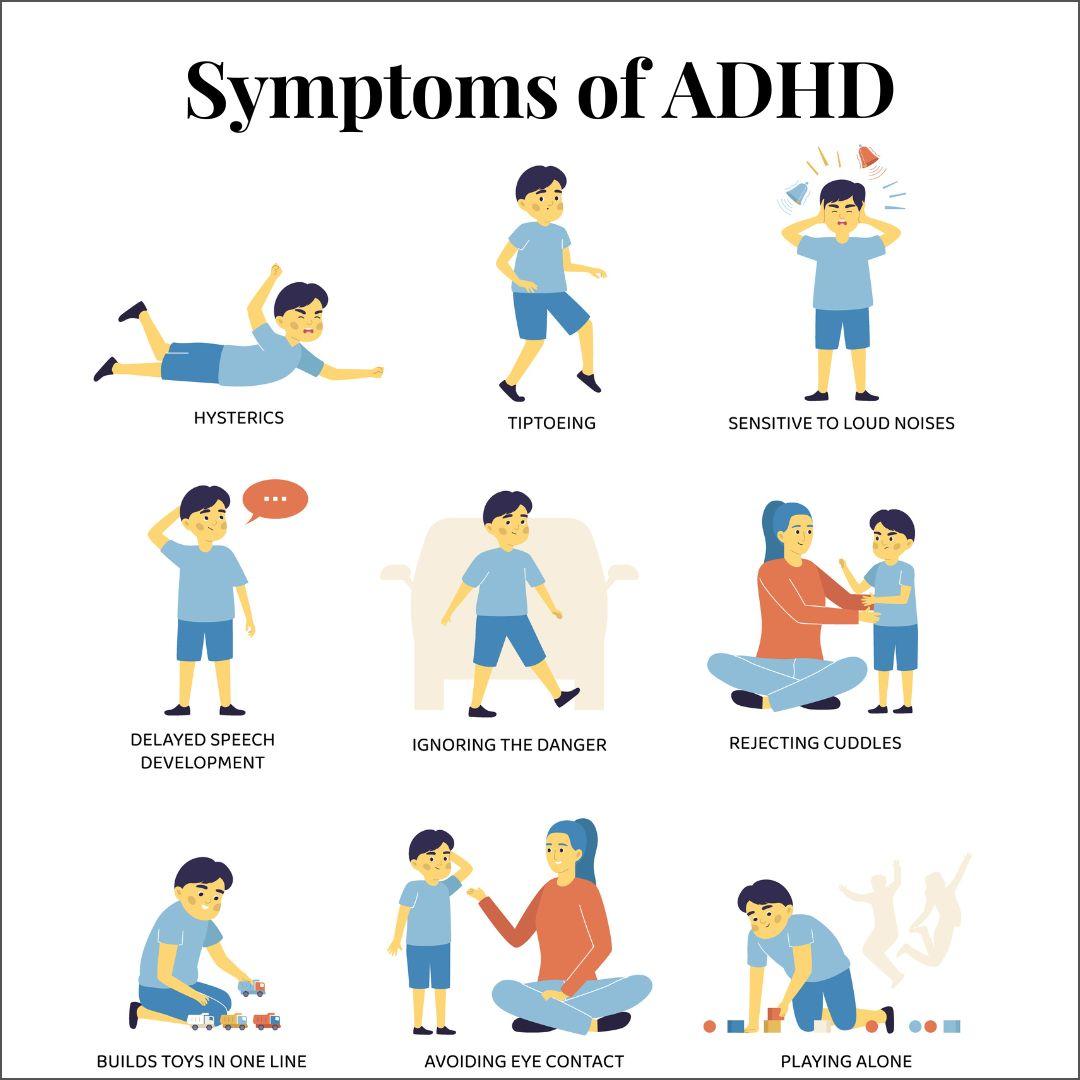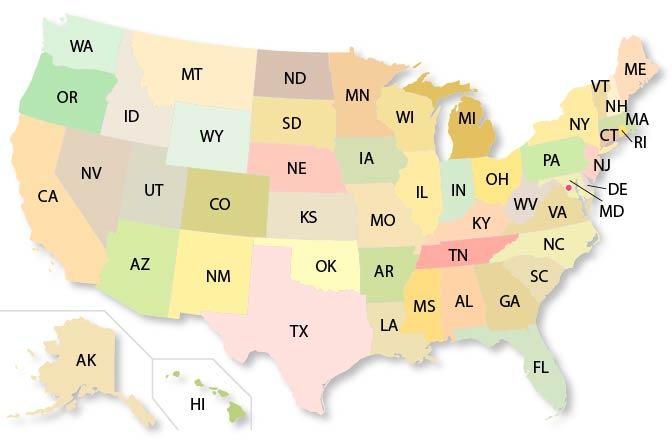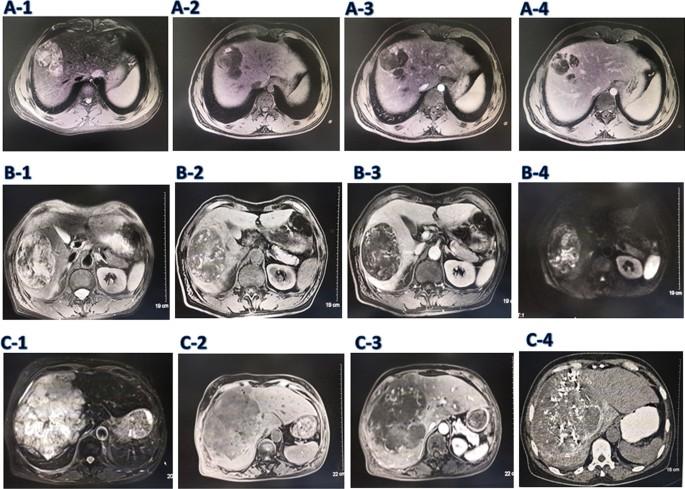In a society that thrives on multitasking and constant stimulation, the prevalence of Attention Deficit Hyperactivity Disorder (ADHD) in children is becoming a growing public health concern. According to a recent study, approximately one in nine children in the United States have been diagnosed with ADHD, shedding light on the challenges faced by both the affected individuals and their families. This alarming statistic calls for a deeper understanding of the condition and a collective effort to support those who are impacted.
Growing prevalence of ADHD in U.S. children
New research findings reveal that the prevalence of Attention Deficit Hyperactivity Disorder (ADHD) among children in the United States is on the rise, with approximately one in nine children being diagnosed with the condition. This alarming statistic sheds light on the growing public health concern surrounding ADHD and its impact on children’s development and well-being.
The study, conducted by a team of researchers from leading institutions, underscores the need for increased awareness, early detection, and intervention for children at risk of ADHD. The findings also highlight the importance of addressing the societal and environmental factors that contribute to the . With the right support and resources, children with ADHD can thrive and reach their full potential.

Impact of ADHD diagnosis on academic performance
According to a new study, approximately 11% of children in the United States have been diagnosed with Attention Deficit Hyperactivity Disorder (ADHD). This statistic highlights a growing public health concern as more and more children are being identified with the condition. The impact of an ADHD diagnosis on academic performance can be significant, affecting a child’s ability to concentrate, stay organized, and manage their time effectively.
Students with ADHD may struggle in the classroom due to difficulties with focusing, impulsivity, and hyperactivity. These challenges can lead to lower academic achievement, decreased motivation, and higher rates of disengagement from school. Additionally, students with ADHD may require extra support, accommodations, and resources to help them succeed academically. It is important for educators, parents, and healthcare providers to work together to address the unique needs of students with ADHD and ensure they have the resources they need to thrive in an academic setting.

Addressing the need for early intervention and support
According to a recent study, approximately one in nine children in the United States have been diagnosed with ADHD, which has raised concerns about the need for early intervention and support for these individuals. The findings highlight the growing public health issue surrounding ADHD and the importance of addressing it proactively to ensure positive outcomes for affected children.
Early intervention strategies such as behavioral therapy, medication, and support services can help children with ADHD manage their symptoms effectively and improve their overall quality of life. By providing timely and tailored interventions, we can empower these children to reach their full potential and succeed in various areas of their lives, including academics, social interactions, and emotional well-being.

Promoting awareness and understanding of ADHD in children
A new study has revealed a troubling statistic – approximately one in nine children in the United States have been diagnosed with ADHD. This finding underscores the urgent need to raise awareness and understanding of this condition among parents, educators, and healthcare providers.
- ADHD can manifest differently in each child, making early detection and intervention crucial
- Effective management strategies, such as medication, therapy, and behavioral interventions, can significantly improve the quality of life for children with ADHD
By promoting awareness and understanding of ADHD, we can ensure that children receive the support and resources they need to thrive in school, at home, and in their communities. It is time to prioritize the mental health and well-being of our children by addressing this growing public health concern.
To Conclude
In conclusion, the findings of this study shed light on the alarming prevalence of ADHD among children in the United States. As we continue to unravel the complexities of this condition, it is crucial for policymakers, healthcare providers, and communities to work together in addressing this growing public health concern. By fostering greater awareness, understanding, and support for children with ADHD, we can help pave the way for a brighter future for all. Let us move forward with compassion, empathy, and resilience, as we strive to create a more inclusive and equitable society for our children.





